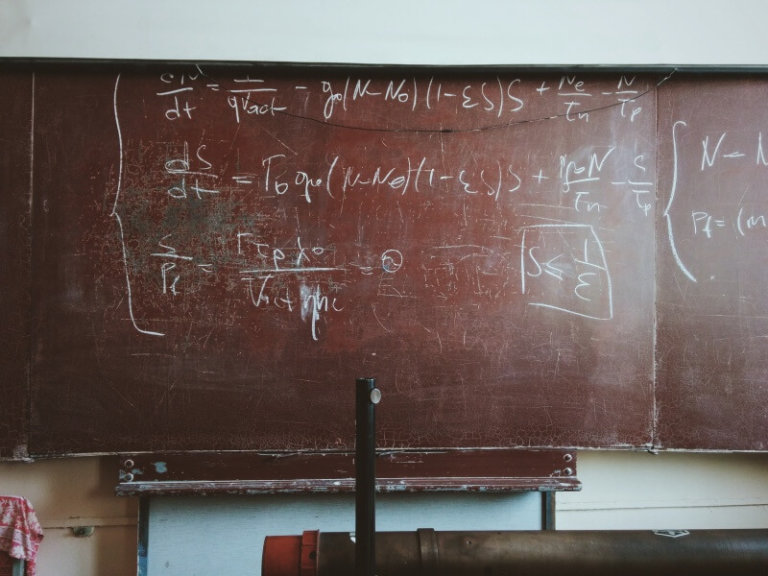One of the core tenets of the REDI Lab at Colorado Academy is the value of personalization in learning. One manifestation of this belief is the unique range of projects that students have chosen to work on this trimester. A few people who have visited the lab have taken note of this, commenting on the absence of adult fingerprints on the work that students are doing.
 Personalized learning has a long history in education and over that time it has been defined and understood in many different ways. In both informal and formal settings, teachers in their many avatars – parents, siblings, elders, peers, artisans, clergy, tutors, coaches, mentors – have incorporated the personal in their instruction. But as we have formalized and institutionalized education for efficiency, we have lost focus on the human-element in schools and our goal has become achievement rather than learning.
Personalized learning has a long history in education and over that time it has been defined and understood in many different ways. In both informal and formal settings, teachers in their many avatars – parents, siblings, elders, peers, artisans, clergy, tutors, coaches, mentors – have incorporated the personal in their instruction. But as we have formalized and institutionalized education for efficiency, we have lost focus on the human-element in schools and our goal has become achievement rather than learning.
Colorado Academy has long emphasized the value and role of relationships in education as a part of its mission. In the REDI Lab, relationships are the engine of the student choice that allows for personalization. Our goal is create contexts for students so that they can self-direct their way toward deeper learning. This approach aligns with the research of educational psychologist Benjamin Bloom who found that an “average student” tutored in a personalized context for content mastery performed two standard deviations (i.e. two sigma) better than students who learned via conventional instructional methods.
Another core tenet of the REDI Lab is reflected in this quotation from creativity expert Sir Ken Robinson: “We have to reframe the abilities of our children. We have deep natural talents, but we have to discover them and cultivate them. If you have a narrow view of ability, you generate an enormous about of inability.” In developing the REDI Lab, we have tried to establish a creative space where students can explore and demonstrate their unique talents, knowing that there is much within any individual.
Although we are not sure where our REDI Lab students will land at the end of the trimester in the inaugural year of the program, we will continue our work as a part of the learning culture at CA. Using pedagogical tools like personalized learning and creativity, we will design opportunities that empower students and their learning.
